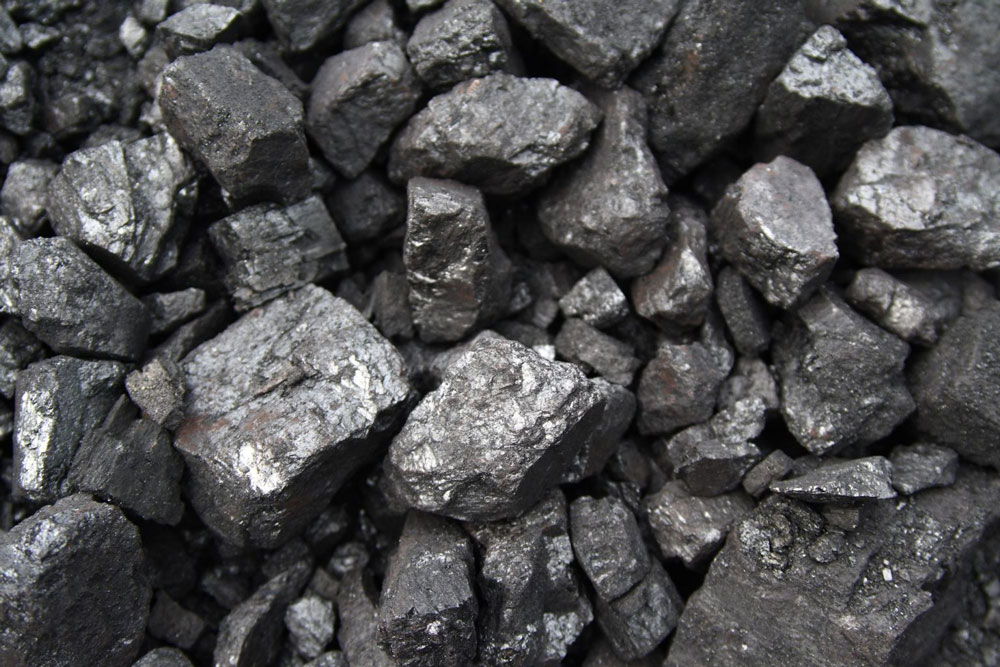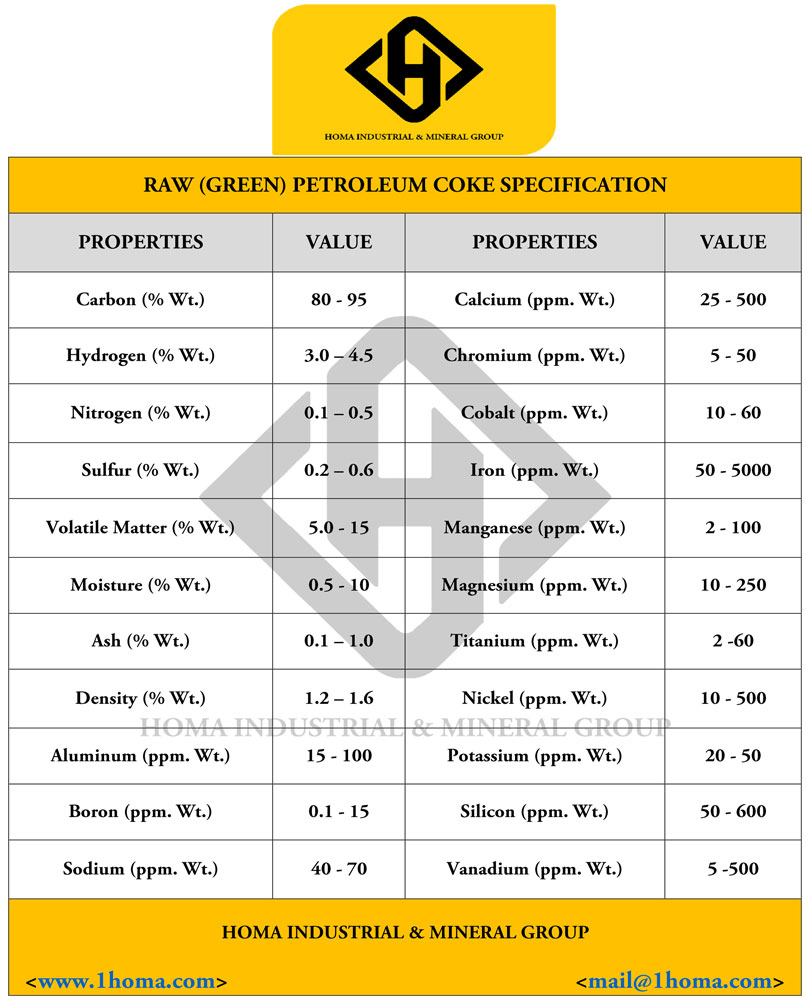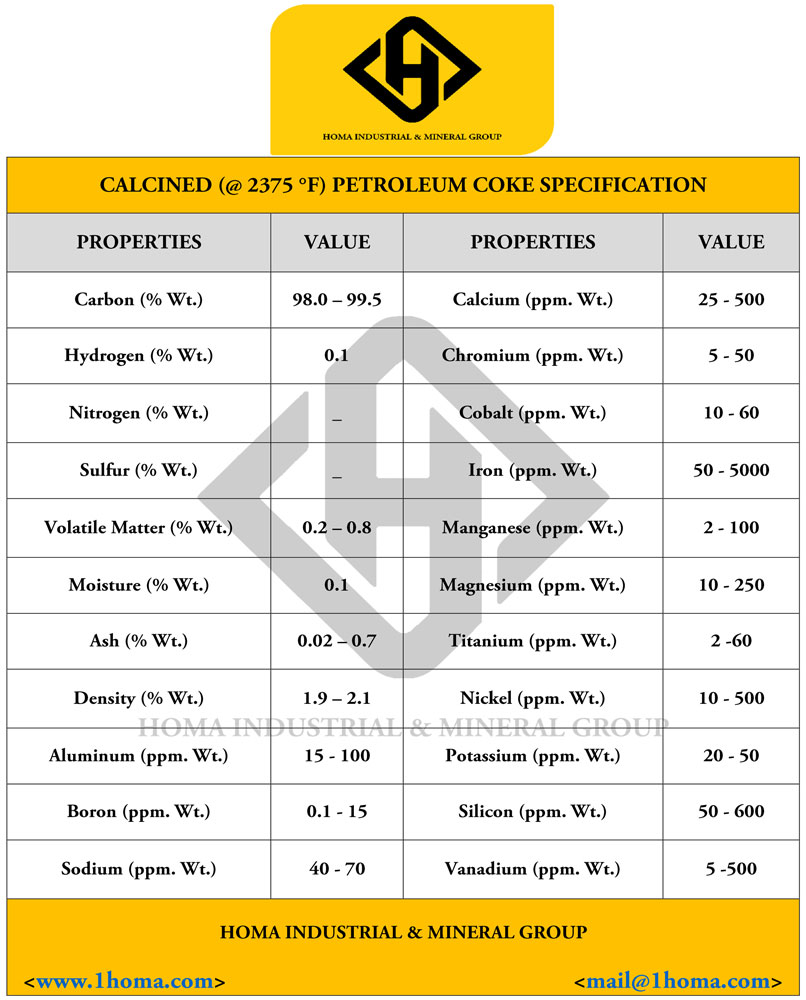
Petroleum coke is produced after crude oil undergoes two processes. First, the oil is distilled into various products, separating out the light parts of the oil—the gasoline vapors, liquid petroleum gas (LPG), naphtha, and kerosene from the heavier parts of the oil. The heavier portion of the oil in then processed through a “coker” which subjects the remaining oil to high heat and pressure to exact as much of the lighter gasoline-like parts of the oil as possible. What remains after the coker after the high heat and pressure is a substance called petroleum coke.
Petroleum coke is high in carbon—this makes it chemically similar to coal and both energy dense and useful for many other industrial processes that require carbon. About 80 % of petcoke is used as fuel. It is usually used as a fuel to make cement, lime, brick, glass, steel, and fertilizer as well as many other industrial applications.
Much of the rest of the petcoke is “calcined petroleum coke.” Calcined petcoke is petcoke that is again heated to remove moisture, volatile matter, and impurities and to increase the electrical conductivity. Calcinced petcoke is used to make steel, graphite and titanium.
Calcined petcoke is essential to the creation of aluminum. Because of its high carbon purity and a lack of contaminants, calcined petcoke provides the only economically viable method to produce primary aluminum. Calcined petcoke also produces titanium dioxide, a safer alternative to the lead used in paint.

Demand for the Middle East petcoke is rising, with China, Mexico, Japan, Canada, India and Turkey as the largest importers. China, for instance, imported 1.2 million barrels of petroleum coke from the Middle East in this past April alone.
Coal is one of the most affordable and abundant sources of energy for electricity generation. But international coal prices are often higher than the Middle East petcoke prices, making the Middle East petcoke an attractive option for many countries to use as a fuel.
Growing demand in developing countries, coupled with affordable prices, has enabled the Middle East petcoke to emerge as a valuable export for the Middle East and a cost-effective analogue for coal for much of the rest of the world.
HOMA Group also acts as an intermediary between the producers and purchasers offering a range of value added services. For the producers of coke, the company offers cost effective, logistics and financial services to secure customer business in the international markets. For the purchasers of coke, we offer a reliable and flexible sourcing channel with financial support. The value added services include the off take arrangements, derivative trading, shipping, inspection, breaking bulk port, clearing good through customs, handling complex VAT regulations and organizing inland transport and intermediate stocking.
You can find some of our Pet Coke specifications as below:
Kindly note that we're able to supply other Coke specifications regarding to customer's demands.

